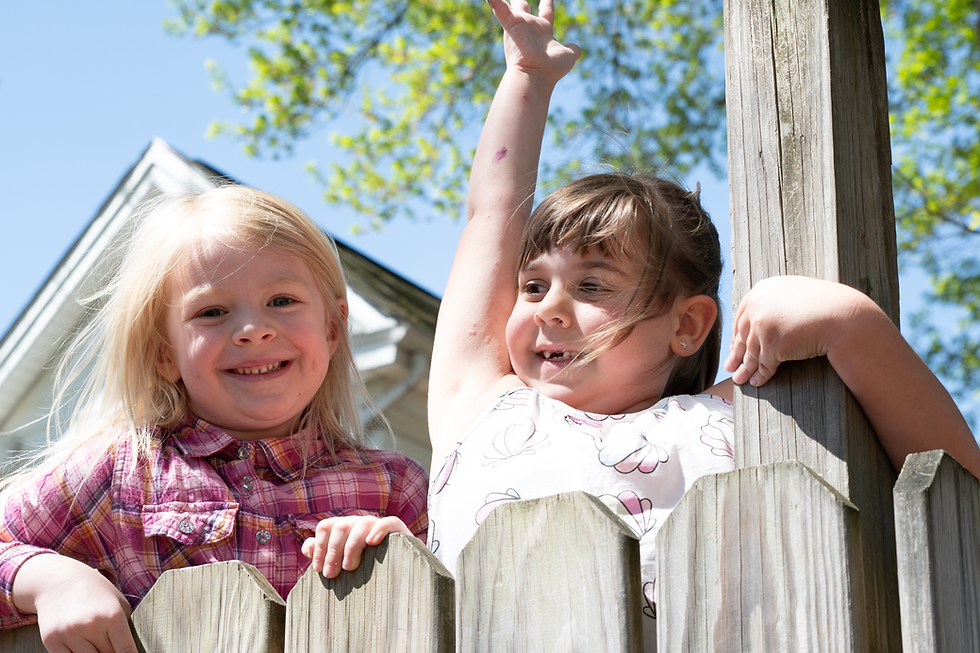The Joy of Sound and Silence: What One School's Music Program Reveals About the Power of Music in Education
- UFS Editorial
- Jun 10, 2025
- 2 min read
Updated: Oct 30, 2025
Music is more than a subject, it’s a language that helps children make sense of themselves and the world around them. At its best, music education creates space for self-expression, empathy, collaboration, and deep listening. One school that embodies this approach is United Friends School (UFS), a Quaker school in Pennsylvania where music is thoughtfully woven into the fabric of student life.
At UFS, music isn’t just about singing and playing instruments. It’s a journey rooted in Quaker values — including reflection, equity, and inner light — that supports students’ emotional and intellectual development through sound, silence, and everything in between.
Early Childhood: Building Foundations Through Play
In the early years, the music classroom becomes a space for joyful discovery. Young learners explore rhythm, pitch, and dynamics through playful, hands-on experiences. They move their bodies to music, learn to distinguish between sound and silence, and experiment with different vocal qualities — from whispering to shouting — all while building early musical literacy. These experiences support motor development and creativity while introducing music as a powerful way to tell stories and express emotions.

Elementary Years: Expanding Skills and Cultural Awareness
As children grow, so does their ability to understand and create music. At UFS, students begin to read and perform rhythmic patterns, sing pentatonic melodies, and explore more technical aspects of vocal production. They are introduced to a wide variety of instruments — from xylophones and boom whackers to jingle bells and song bells — and start composing their own rhythmic phrases.
Just as importantly, they encounter music from many cultures and traditions, learning to appreciate music as a form of cultural storytelling and celebration. This intentional exposure nurtures respect for diversity and helps students connect to global perspectives through sound.

Middle School: Deepening Understanding and Leadership
By middle school, students at UFS engage with music on a deeper level. They read and write standard musical notation, play ukulele and piano in a keyboard lab, and work collaboratively to compose and perform original pieces. They also serve as peer mentors; modeling skills, giving feedback, and helping younger students grow.
In class discussions, students explore how music intersects with history, media, and social change. They analyze protest songs, examine music in film, and consider how musical form and dynamics influence emotional impact. This holistic approach helps students see music not just as an art form, but as a tool for awareness, activism, and connection.

Chorus: Singing in Community
The UFS vocal ensemble spans grades 1–8 and offers a unique opportunity for mixed-age collaboration. Students practice vocal technique and sight-singing, prepare for performances, and learn what it means to contribute to a shared creative experience. In an era of digital noise and individual performance, chorus becomes a place where young people experience the joy of being in harmony — literally and figuratively.
More Than Just Music
At United Friends School, music isn’t just about learning notes and rhythms. It’s about helping kids find their voice, connect with others, and explore the world through sound. When music education is rooted in intention and values, it becomes a powerful way to grow self-awareness, cultural understanding, and community.
Discover how United Friends School nurtures the whole child through music, community, and more. Schedule a tour and experience it firsthand.
%20-%201%20-%20Edited%20(1).png)



Comments